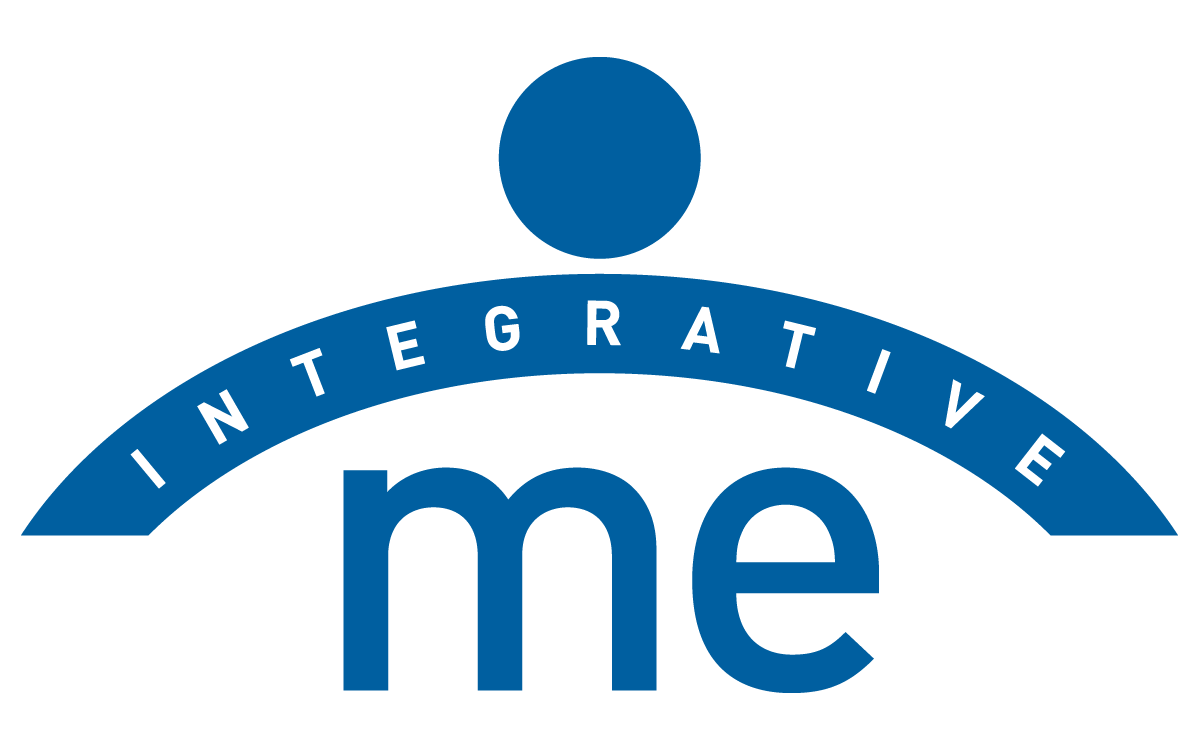BLOG
Conventional medicine focuses on treating symptoms of health conditions using medication and invasive techniques. Holistic medicine works differently because it addresses the connection between mind, body, and spirit. Holistic medicine strives for balance and overall wellness to help people enjoy a healthy life.
Holistic medicine seeks to understand you as a whole, unique person with mental, emotional, and physical health needs. When any one of these areas becomes out of balance or stressed, you may experience this in all realms of your life. A naturopathic physician like Dr. Doug Cutler will use a detailed lifestyle assessment and advanced testing as part of a holistic approach to care. Holistic medicine treats the person, not just a set of symptoms, and seeks to discover and remove the root cause of the imbalance.
These two systems of medicine take fundamentally different approaches toward healing. They even differ in their concept of what healing means. For conventional medicine, “healing” might mean that the physical symptoms improve when treated. A holistic medicine practitioner would not consider a person healed until the complex underlying causes of the condition had been resolved.
Conventional medicine often makes assumptions about the root cause of a condition without assessing all the relevant factors. If you went to see a conventional doctor due to difficulty sleeping, you might get a sleeping pill. You will probably sleep, but you will not have addressed the cause of your sleep issues. Holistic medicine will assess your stress levels, habits, and other factors and help you make changes to improve sleep naturally. Your holistic medicine practitioner may also recommend dietary changes or herbal supplements.
A core difference between holistic and conventional medicine is the emphasis on prevention and self-healing. While conventional medicine often aims to treat symptoms after they appear, holistic medicine focuses on identifying potential imbalances early and promoting long-term health. This proactive approach helps individuals maintain wellness and prevent illness before it manifests.
In holistic medicine, prevention isn’t just about avoiding illness—it’s about fostering overall balance in your life. Holistic practitioners assess factors like diet, stress, emotional health, and lifestyle choices to help you prevent conditions before they arise. For example, a practitioner may recommend personalized nutrition plans or stress management techniques like meditation or yoga to help you avoid chronic conditions such as high blood pressure or fatigue.
Holistic medicine is built on the belief that the body has an inherent capacity to heal itself. Practitioners work with patients to activate this self-healing process through natural therapies and lifestyle adjustments. Treatments such as acupuncture, herbal medicine, and chiropractic care help the body restore balance, while also supporting the body’s natural defenses against illness.
A key aspect of holistic medicine is the patient’s role in their own care. Unlike conventional medicine, where patients may rely solely on medications or procedures, holistic approaches encourage individuals to take control of their health. This might include learning about healthy eating, practicing mindfulness, or engaging in regular physical activity. By actively participating in their own wellness, patients are better equipped to maintain long-term health.
This focus on prevention and self-healing is a defining feature of holistic medicine, offering a more comprehensive path to sustained well-being.
Holistic medicine is a broad term that encompasses several other types of treatment. Herbal medicine offers a holistic approach by using plant-based treatments that help the body restore balance. Functional medicine focuses on the interrelated and intertwined functions of the body’s organs and systems, seeing symptoms from one organ as part of a system out of balance. Holistic medicine often uses lifestyle changes, a personalized nutrition plan, and stress relief to help the whole person feel healthier.
Holistic medicine encompasses a wide range of treatments, all aimed at addressing the whole person—mind, body, and spirit. These therapies often go beyond addressing symptoms to target underlying imbalances that may be affecting overall health. Below are some common holistic treatments and how they are applied.
Acupuncture, a key component of Traditional Chinese Medicine, involves inserting fine needles into specific points on the body to balance the flow of energy or “chi.” This treatment is commonly used to relieve pain, improve sleep, reduce stress, and treat a variety of chronic conditions. By stimulating the body’s energy pathways, acupuncture helps to restore balance and enhance the body’s natural healing abilities.
Chiropractic care focuses on the alignment of the spine and its relationship to the nervous system. Chiropractors use manual adjustments to realign the spine, which can relieve pain and improve mobility. This treatment is often used for conditions like back pain, headaches, and joint issues. The goal is to optimize the body’s physical structure, allowing it to function properly without the need for invasive treatments or medication.
Herbal medicine uses plant-based remedies to treat a wide range of conditions. Whether through teas, tinctures, or supplements, herbs like echinacea, turmeric, and ginseng are used to boost immunity, reduce inflammation, and support the body’s natural detoxification processes. Unlike synthetic medications, herbal treatments aim to work in harmony with the body to promote healing from within.
Both yoga and meditation play a crucial role in holistic health by promoting mental and emotional well-being alongside physical health. Yoga combines physical postures with breath control and meditation to enhance flexibility, reduce stress, and improve mental clarity. Meditation, on its own, helps calm the mind, reduce anxiety, and foster a sense of inner peace. These practices are often recommended to help manage stress-related conditions and enhance overall balance in life.
Massage therapy involves manipulating the muscles and soft tissues of the body to reduce tension, improve circulation, and relieve pain. It’s commonly used to address stress, muscle soreness, and chronic pain. By relaxing both the body and mind, massage therapy helps to support the body’s self-healing mechanisms.
Each of these holistic treatments offers a natural, non-invasive way to address both physical and emotional health issues. They are often used in combination with each other to create a comprehensive, personalized treatment plan that addresses the root causes of illness, rather than just the symptoms.
When it comes to holistic healthcare, practitioners come from a variety of backgrounds, each offering different methods and expertise. Unlike conventional doctors, holistic health professionals take a more integrative approach, treating the mind, body, and spirit. Here’s a breakdown of the most common types of holistic practitioners and their qualifications.
Naturopathic doctors (NDs) specialize in natural remedies. They are trained to treat the whole person—physically, mentally, and emotionally. NDs undergo extensive education, including attending accredited naturopathic medical schools, and are licensed in many states. Their training covers both standard medical sciences and holistic therapies such as herbal medicine, nutrition, and homeopathy.
Chiropractors focus on the alignment of the spine and its effect on overall health. Using hands-on techniques, they manipulate the spine to relieve pain and restore proper function. Chiropractors hold a Doctor of Chiropractic (DC) degree and complete several years of post-graduate training. Their approach targets the body’s nervous and musculoskeletal systems, making them key providers in managing pain and mobility issues.
Integrative physicians are either medical doctors (MDs) or doctors of osteopathy (DOs) who incorporate holistic practices into their treatments. Alongside conventional treatments like medications, they may use therapies such as acupuncture, massage, and nutritional counseling. This combination allows them to address both immediate physical health concerns and broader lifestyle factors affecting well-being.
Practitioners of Ayurveda and TCM rely on ancient medical systems focused on balancing the body’s natural forces. Although they are not licensed as medical doctors in the U.S., their training involves years of study in practices such as herbal remedies, dietary adjustments, and meditation. These approaches are increasingly being recognized for their complementary role in modern healthcare.
By understanding these different practitioner types, you can choose the one that best fits your personal health philosophy and needs.

A holistic approach to medicine will look deeper than your physical symptoms. If you have not gotten the results you hoped for from conventional medicine, you are not alone. Although conventional medicine treats their symptoms, many people find that they still do not feel healthy. Holistic medicine can improve conditions, including:
Schedule a consultation with Dr. Doug Cutler and his team of expert naturopathic providers to learn more about Holistic Medicine. Call us at (248) 663-0165 today! Cutler Integrative Medicine is dedicated to your health and well-being.
Cutler Integrative Medicine is a premier award-winning wellness clinic that provides patients with unparalleled individualized naturopathic healthcare. Dr. Doug Cutler is a nationally renowned expert in Naturopathic medicine and has the highest training in his field, as well as in Environmental Medicine, IV Nutrient Therapy, and Detoxification. His ClubIV™ is one of the most extensive IV Nutrient Clinics in the country.
Serving Birmingham, West Bloomfield, Troy, Oakland County, and the greater Detroit area.

© 2021 Cutler Integrative Medicine. All Rights Reserved.
Website powered by: www.modrndigital.io
Accessibility: If you are vision-impaired or have some other impairment covered by the Americans with Disabilities Act or a similar law, and you wish to discuss potential accommodations related to using this website, please contact our Accessibility Manager at (248) 663-0165